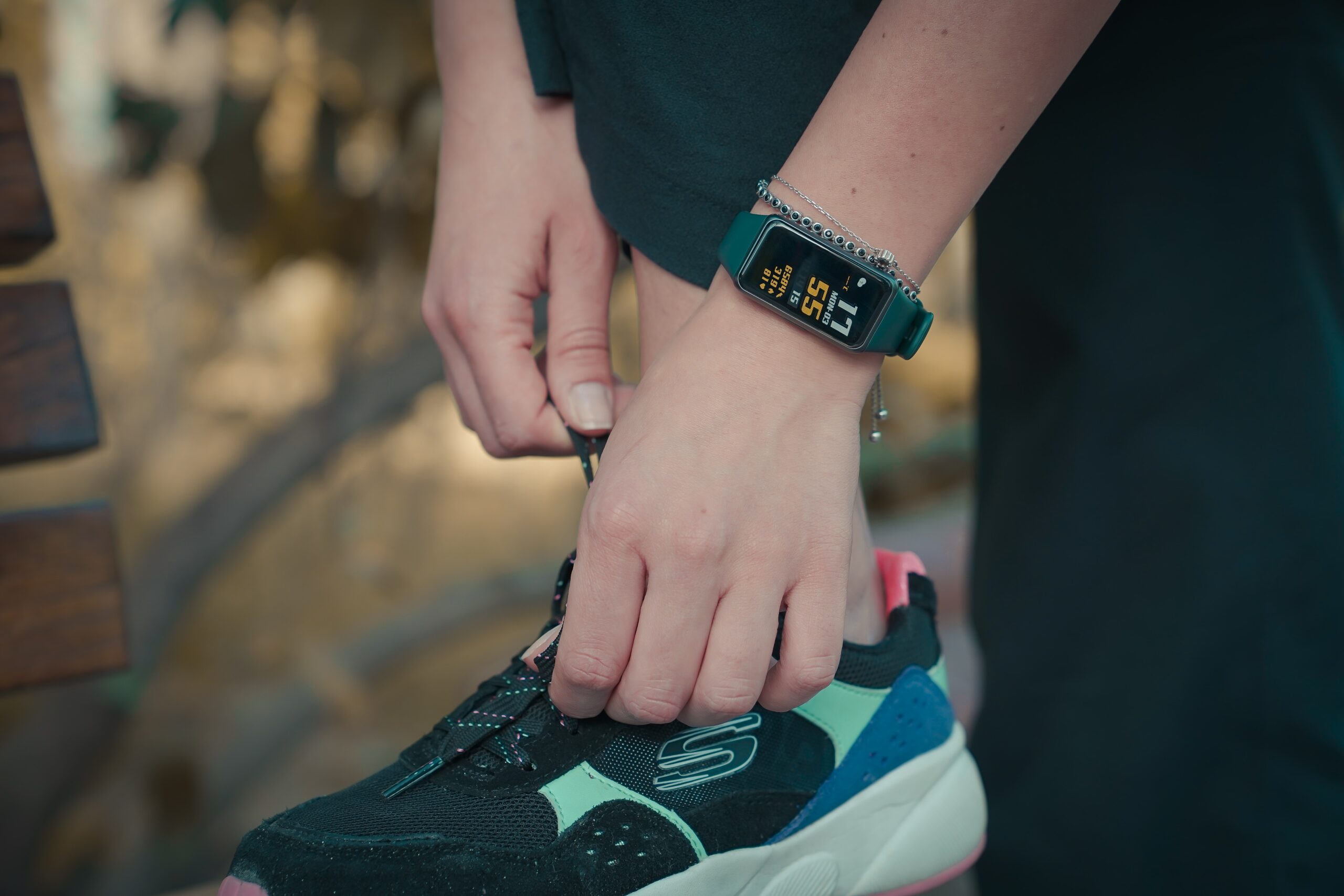It may sound strange, but kidneys play a crucial role in the health of bones. Healthy kidneys maintain adequate mineral levels, which aid in the health and strength of your bones.
Your bones may become weak and fracture more easily if your kidney function decreases. In progressive and permanent kidney function loss, healthy bone development can’t be ensured; the production and release of vitamin D will decrease and the susceptibility to osteoporosis and bone fractures will increase. Therefore, for a healthy life, we must protect our kidneys and stay away from behaviors and habits that may harm them.
Bone Health Metabolism

Our bones make up one of the most important organs in our body. It both keeps the body upright and allows us to walk and continue our lives. Keeping our bones healthy is very important for general body health.
The functions of the bones and skeletal system can be listed as follows:
- Stores calcium, gives calcium to the body when cells and organs need it
- Allows the body to move
- Wraps the internal organs and allows them to be protected
- All blood and bone cells are produced in the bone marrow.
Vitamin D facilitates the body to absorb and use calcium, creating and maintaining strong bones. Bone tissue is in a continuous cycle of construction and destruction. Calcium and vitamin D have essential roles in this cycle.
Kidneys Responsibility to Bone Health

The kidneys are extremely active organs. They are in charge of the body's fluids, red blood cells, and the removal of waste products. The kidneys, which play a crucial role in maintaining bone health and strength, require a balanced quantity of calcium and phosphorus in the blood. When kidney function deteriorates, phosphorus from our diet builds up in the blood, leading blood calcium levels to fall.
In such a situation, the parathyroid gland releases too much parathyroid hormone (PTH) into the bloodstream. PTH's function is to regulate calcium levels in the blood at a healthy level. PTH causes calcium to move out of the bones when calcium levels are low. As more calcium is lost from the bones, they become brittle and break easily, resulting in fractures or broken bones.
Protect Optimal Kidney Function
Chronic kidney disease affects more than one in seven persons in the United States. Approximately 37 million people and 9 out of 10 persons with chronic kidney disease are unaware of their condition. Chronic kidney disease is more common in adults over 65 years old (38%) than in people 45–64 years old.
People with diabetes, heart disease, hypertension, and being overweight also have a very high risk of developing kidney disease. With the deterioration of kidney function, acute and then chronic kidney diseases may occur, and if these conditions are not treated, they can cause permanent damage.
Precautions to be taken to protect kidney functions should be followed.
A person's lifestyle should be aimed at protecting their kidneys. Because the protection of the kidney is important for the normal functioning of most vital functions.
Here are some tips for achieving and maintaining kidney health:
- Control your high blood pressure and blood sugar.
- Eat a healthy diet with lean protein and less salt.
- Drink enough fluids, at least 1.5 liters per day.
- Maintain ideal body weight.
- Exercise regularly.
- Quit smoking.
- Avoid certain pain relievers.
- If you are in the risk group, get tested regularly.
- Annual check-up.
- Recognition of family diseases.
Kidney-Friendly Diet Tips

A kidney-friendly diet helps prevent additional kidney damage. You should also make sure that your daily diet contains the appropriate amount of protein, calories, vitamins, and minerals.
Here are some tips you should use to reach healthy kidneys:
- Choose unsalted foods.
- Limit ordering in and eating out at restaurants
- Determine regular sports and exercise as a lifestyle.
- Eat according to a balanced diet of potassium, phosphorus, sodium, and protein.
Foods that should not be consumed on kidney-friendly diets:
- Do not prefer canned or pickled meat, fish, etc.
- Do not eat processed foods such as sausage and salami.
- Avoid using bouillon cubes.
- Watch your alcohol intake.












